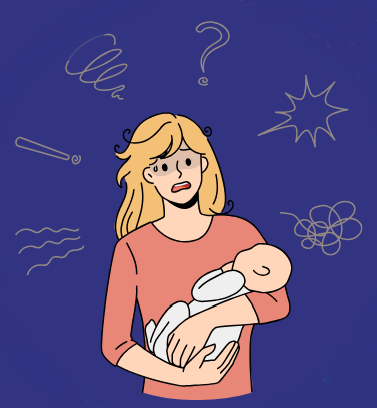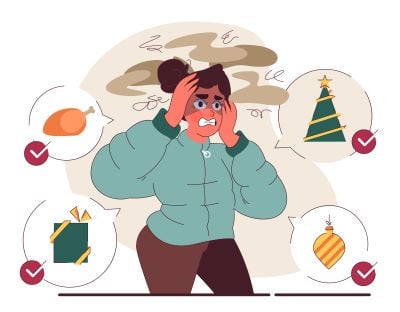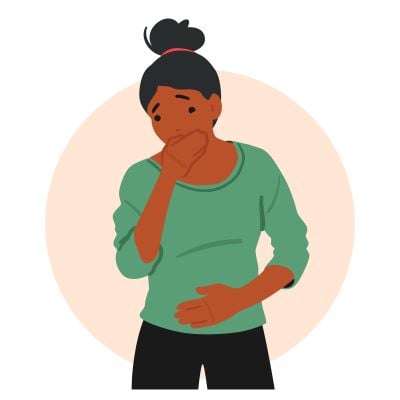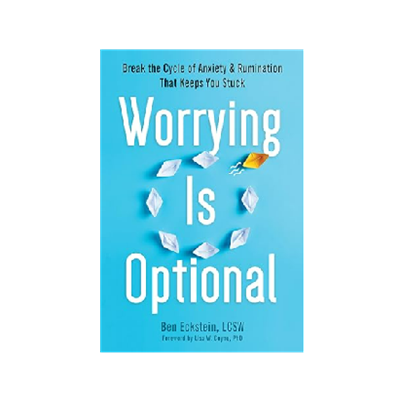
October 21, 2024

December 12, 2024
Overcoming Parental Anxiety: Responding to the Surgeon General’s Call to Support Parental Well-Being
Debra Kissen, PhD, MHSA
and
December 12 Live Free Webinar. Parenting today is more challenging than ever, and the U.S. Surgeon General has highlighted the urgent need to support parents’ mental health. Join us to discover how small mindset shifts and science-backed strategies can make a meaningful difference.

December 3, 2024
Brian Richter, PhD, ABPP
and
Free Live December 3 Webinar. The holidays can be a time of joy, and they also can bring added pressures. This presentation will explore holiday stress and anxiety, discuss practical tools to deal with these feelings, and get you ready to embrace the season with resilience.
Fear of Flying/Mental Health Minute
Quick tips for managing a fear of flying.
Overcoming Anxiety Related to Eating Holiday Meals/Mental Health Minute
Quick tips for those who struggle with body image concerns or disordered eating as well as those who have food-related worries like fears of choking or food poisoning.

October 15, 2024
Ken Goodman, LCSW
and
Emetophobia expert and ADAA board member Ken Goodman, LCSW, talks with two moms who have suffered with emetophobia since childhood to discuss the challenges of being a mother of small children, being pregnant, and the steps they have taken in the last year to overcome their disorder.
Election Anxiety: Navigating and Easing the Stress - Podcast
This episode is a must listen for anyone feeling overwhelmed by this year’s presidential election.

November 7, 2024
Ben Eckstein, LCSW
and
Ask the Author Q & A with Ben Eckstein, LCSW, author of "Worrying Is Optional: Break the Cycle of Anxiety and Rumination That Keeps You Stuck."






